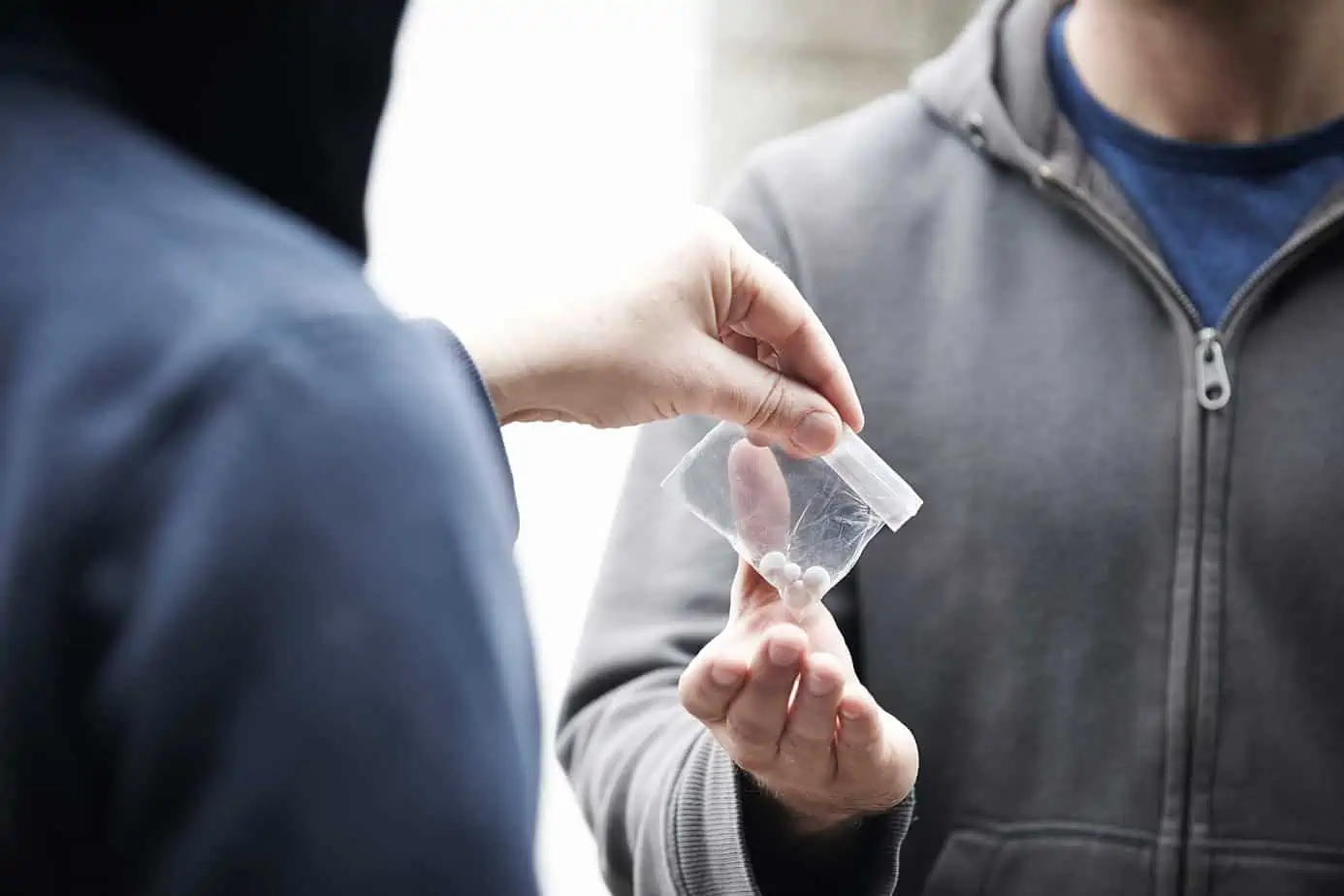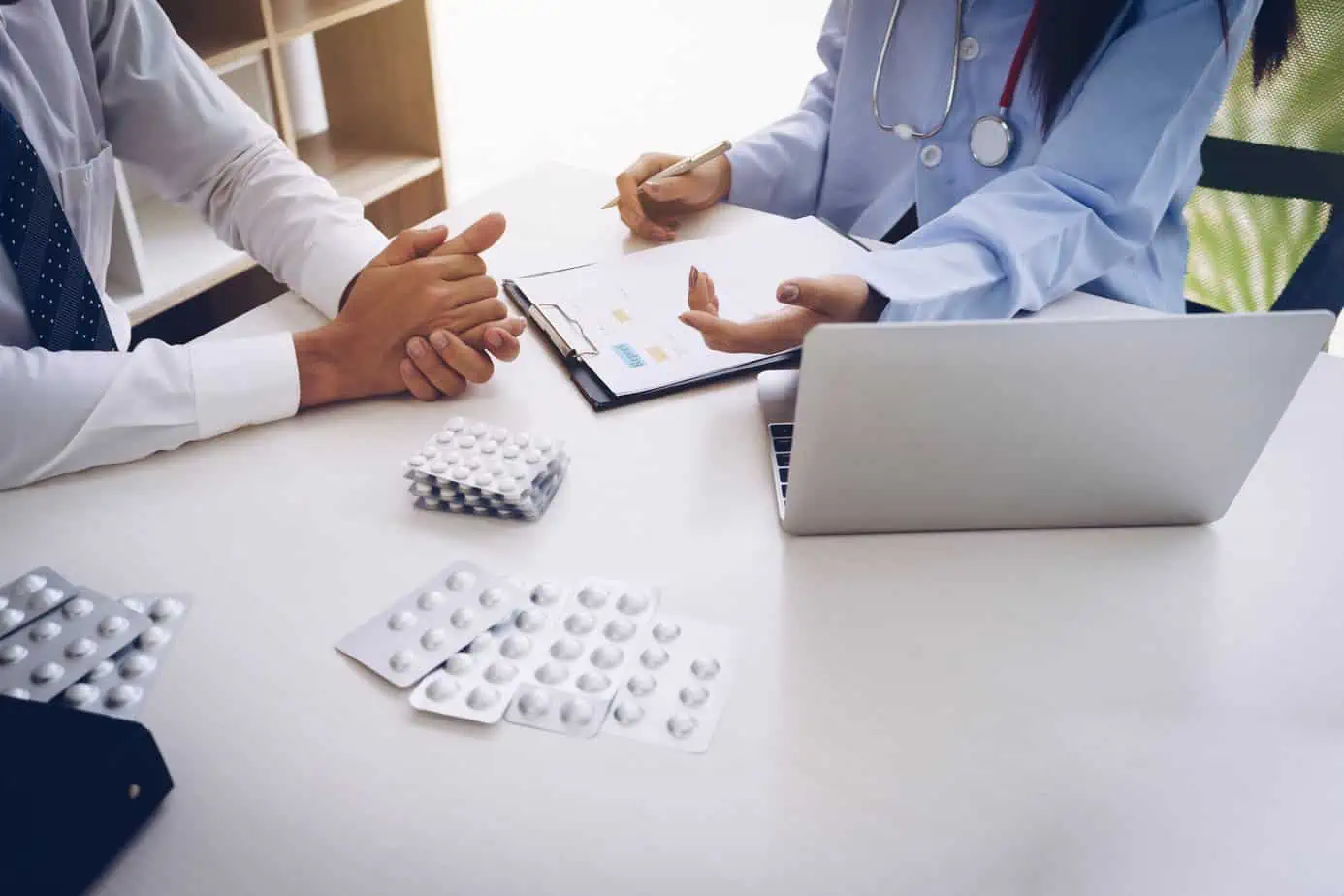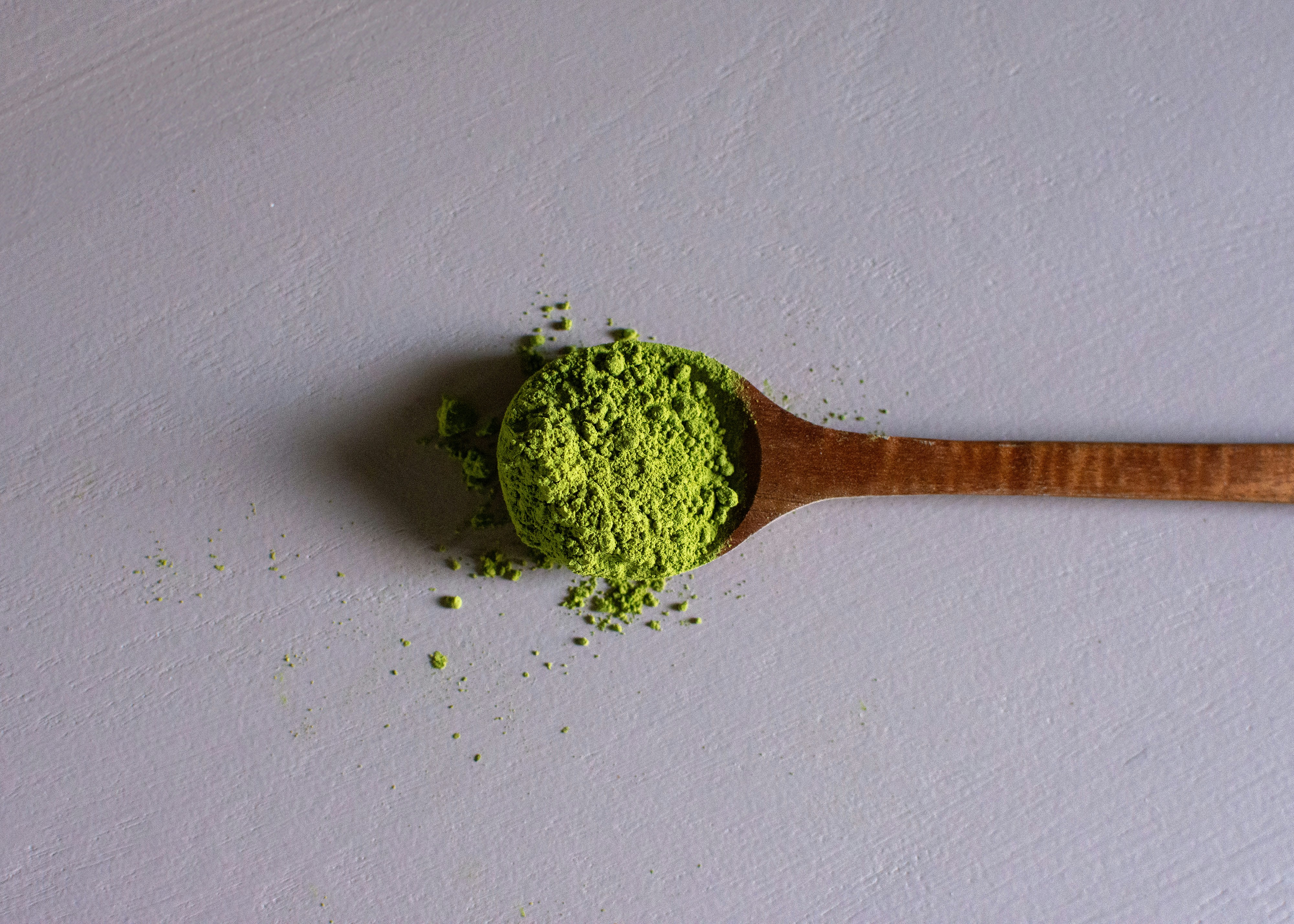As the opioid epidemic spreads across the country, the number of opioid-related overdoses among teens continues to rise. According to the Centers for Disease Control and Prevention (CDC), the number of deadly overdoses has more than doubled in the last decade. Experts say this is due to the availability of opioids ⎼ prescription painkillers, heroin, and fentanyl. But teens are not just taking more opioids than before, they are also mixing them with other substances. Data from the National Institute on Drug Abuse shows that seven out of ten teens who abuse opioids use them alongside other drugs and alcohol, significantly increasing their chances of overdosing.
But with prescription painkillers so easily available, what can you do as a parent to prevent your teen from using drugs? Educating yourself about drug use is an important first step. Most parents think that their child would never do drugs, let alone become addicted, but the truth is that addiction can happen to anyone. In the case of many student athletes, for example, it can happen by accident after becoming dependent on painkillers to soothe chronic pain from their injuries. You need to know the signs of drug abuse and what you can do to help your teen stay safe.
How to Talk to Your Teen About Opioids
In general, teens are not always the most open with their parents, but parents must establish an open line of communication with their teens. These simple tips can help you talk to your teen about drugs.
Avoid Lectures
Sitting your teen down on the couch and telling them about the dangers of drug use will most likely result in a lot of eye-rolling and “I know mom/dad.” Instead, keep the conversation casual. At the dinner table or in the car, bring up something you saw on the news about opioids. Try to find a story about someone their age they can connect with. Maybe talk about a celebrity who has overdosed, entered rehab, or recently revealed that they’re in recovery. Encourage them to participate in the conversation. Having a discussion with them rather than lecturing them will make your teen more likely to hear your message.
Start Early and Talk Often
You might think that your teen is too young to be affected by opioids, but the truth is that younger and younger kids are being exposed to these dangerous drugs. Cases of teens as young as 13 buying opioids online are not uncommon. It is never too soon to start talking about the dangers of drugs. Teens often think that prescription painkillers are safe because they are legal and given out by doctors. Educating them of the dangers of using them nonmedically is the best thing you can do for them.
How to Prevent Teen Opioid Abuse
You cannot watch over your teen all day long, but there are several things you can do to reduce their exposure to opioids and encourage them to be open with you about drug use.
Dispose of Any Unused Prescriptions
With over four billion prescriptions filled each year, it is easier than ever for teens to get their hands on powerful medications. Properly disposing of any unused medication can help you to safeguard your home.
Know Their Friends
Who your teen surrounds themselves with can have a tremendous impact on whether they will try opioids or not. You must get to know your teen’s friends and their families. You should always be aware of the kind of environment your teen is exposed to.
Establish a Safety Policy
Teens tend to think that nothing can harm them, but when something does, it is important for your teen to feel comfortable enough to go to you for help. Establish a policy at home that encourages your teen to go to you whenever they are in trouble, without the fear of punishment. They need to know that you care about their safety above anything else.
The most important thing a parent can do to protect their teen from drugs is to be present. And if you suspect that they might be struggling with opioid abuse, don’t delay. Opioids are extremely addictive and dangerous. It is never too soon to reach out for help.
If you or a loved one is struggling with addiction, Mountainside can help.
Click here or call (888) 833-4676 to speak with one of our addiction treatment experts.

 By
By 






